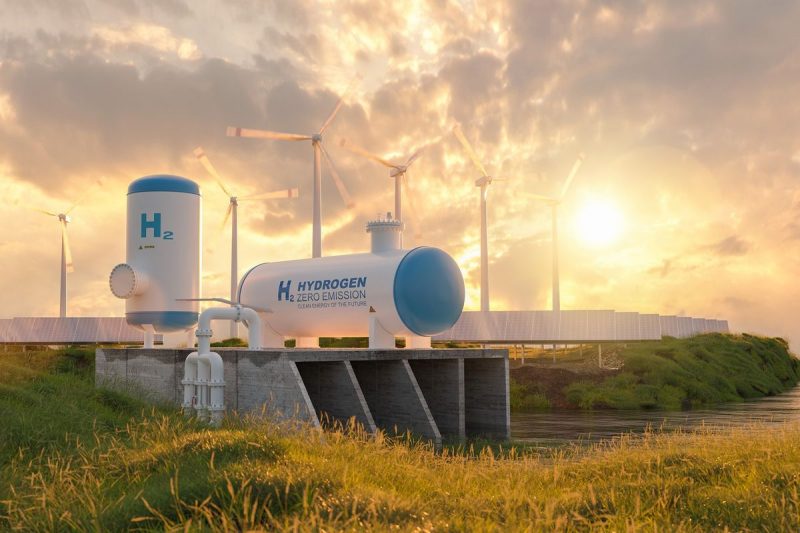Hydrogen: A Promising Investment Opportunity
Background on Hydrogen Technology
Hydrogen has emerged as a transformative and promising technology in the global energy landscape. As the world transitions towards a low-carbon future, hydrogen presents itself as a versatile and clean energy carrier that can play a crucial role in decarbonizing various sectors such as transportation, industry, and power generation. Moreover, hydrogen is abundant, produces zero emissions when used in fuel cells, and can be produced from a variety of sources, including renewables and natural gas. These attributes make hydrogen a compelling option for countries aiming to reduce their carbon footprint and achieve climate goals.
Investment Landscape of Hydrogen Sector
In recent years, the hydrogen sector has witnessed significant growth and attracted substantial investments from both public and private entities. Governments around the world are implementing various policies and incentives to support the development of hydrogen infrastructure and stimulate market demand. Additionally, advancements in hydrogen production technologies, such as electrolysis and steam methane reforming, have contributed to lowering production costs and improving the efficiency of hydrogen generation. These factors have created a favorable investment environment for companies operating in the hydrogen sector, ranging from hydrogen producers and infrastructure developers to fuel cell manufacturers and equipment suppliers.
Factors Influencing Investment Decision
Several key factors should be considered when evaluating the feasibility of investing in the hydrogen sector. Market demand for hydrogen is a critical driver of investment opportunities, as sectors like transportation, industry, and power generation increasingly turn to hydrogen as a clean energy solution. Regulatory frameworks and government policies also play a significant role in shaping the investment landscape for hydrogen, with subsidies, tax incentives, and mandates influencing market dynamics and investor confidence. Furthermore, technological advancements and innovations in hydrogen production, storage, and distribution are essential considerations for investors looking to capitalize on emerging opportunities within the sector.
Risks and Challenges in the Hydrogen Market
While the hydrogen sector presents promising investment prospects, it is not without risks and challenges. One of the main obstacles facing the hydrogen market is the high upfront costs associated with building and scaling up hydrogen infrastructure, including production facilities, storage tanks, and refueling stations. Additionally, the intermittent nature of renewable energy sources used in green hydrogen production can impact the availability and reliability of hydrogen supply. Market volatility, competition from other clean energy technologies, and geopolitical factors also pose risks to investors in the hydrogen sector, requiring careful risk management and strategic planning to navigate uncertainties and ensure long-term profitability.
Conclusion
In conclusion, the hydrogen sector represents a compelling investment opportunity for investors seeking exposure to the growing market for clean energy solutions. With advancements in hydrogen technology, supportive government policies, and increasing market demand for clean fuels, the hydrogen sector is poised for rapid expansion and innovation in the coming years. However, investors should carefully assess the risks and challenges associated with investing in hydrogen and develop a well-informed investment strategy to capitalize on the immense potential of this transformative energy carrier. By staying abreast of market trends, regulatory developments, and technological advancements, investors can position themselves to benefit from the opportunities offered by the hydrogen sector and contribute to building a sustainable and low-carbon future.

